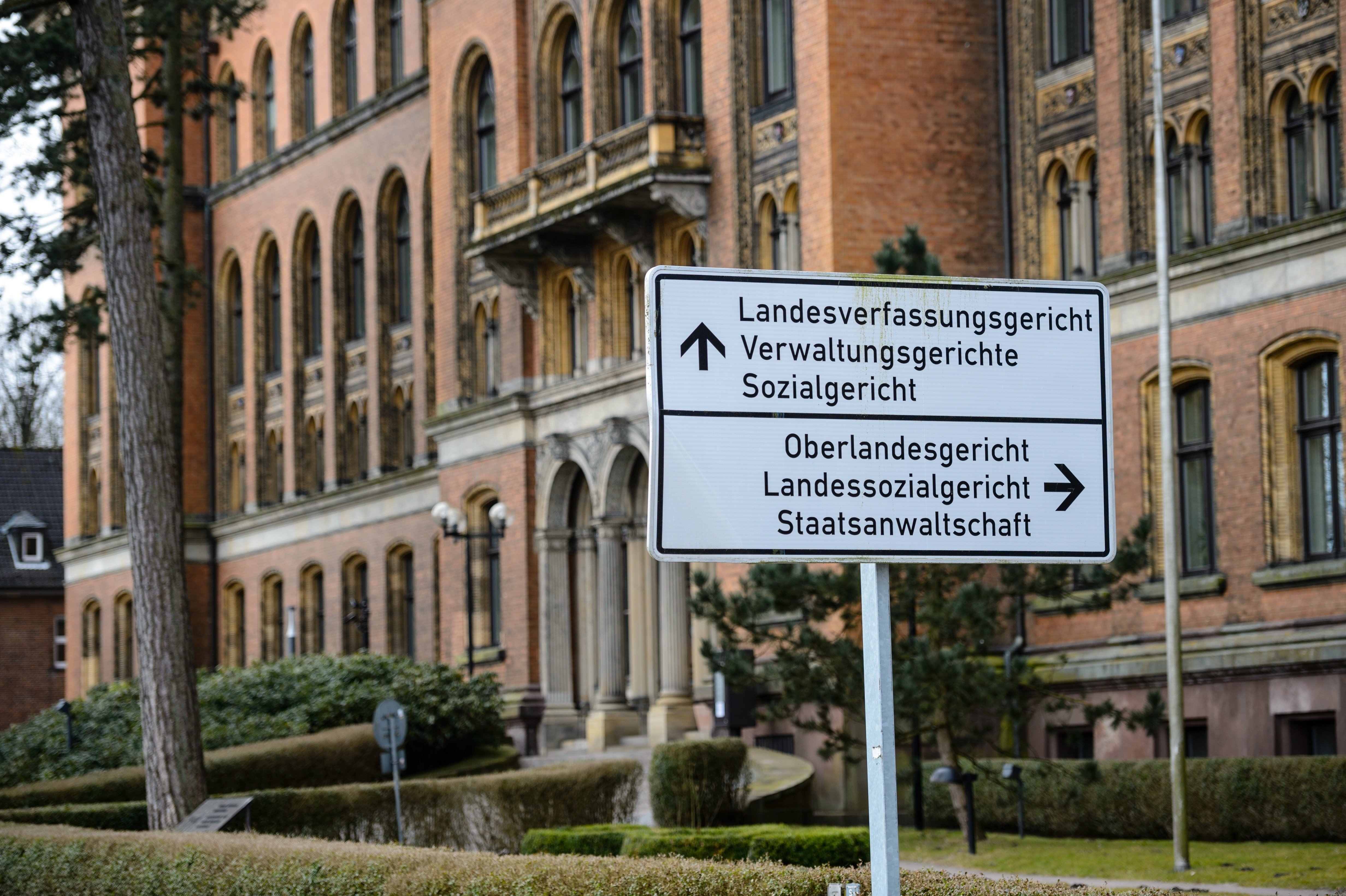Spain's Supreme Court will turn down the extradition of Catalan president in exile Carles Puigdemont if, in the end, it is only for misuse of public funds and not rebellion or sedition. The news, published by Spanish newspaper El País, comes after a German court last week decided to leave Puigdemont out of custody and, again, said it didn't accept the charge of high treason (the equivalent of rebellion in German law).
For its part, the Schleswig-Holstein court has decided to take 30 more days before giving its verdict on the president's case: the normal deadline to rule on a European Arrest Warrant is 60 days, in some cases this can be extended another 30 days.
According to El País, the Spanish Supreme Court is worried that the German court will only extradite him for misuse of public funds, in which case he could only face trial in Spain on that charge, not rebellion. If this happens, judge Pablo Llarena, with the Supreme Court's backing, will reject his extradition.
Originally, the Supreme Court had planned to accept Puigdemont for misuse of public funds alone (punishable by up to 12 years in prison), but this has since fallen by the wayside, given that it could mean the president goes unpunished. Sources told the newspaper that Llarena is even unsure whether to ask the Court of Justice of the European Union to determine whether Germany has interpreted the warrant correctly (as he was planning to do when it was learnt that the court was maintaining its position on the case).
"Accepting Puigdemont for only the financial crime would create an erroneous message: that the separatists believe that everything they did during the months of September and October last year had no cost and that, as such, it's not a crime to hold a referendum with public money. For that reason, we won't accept to bring him if Germany only delivers him for a financial crime; he can stay in Germany or wherever he wants," the sources say.

